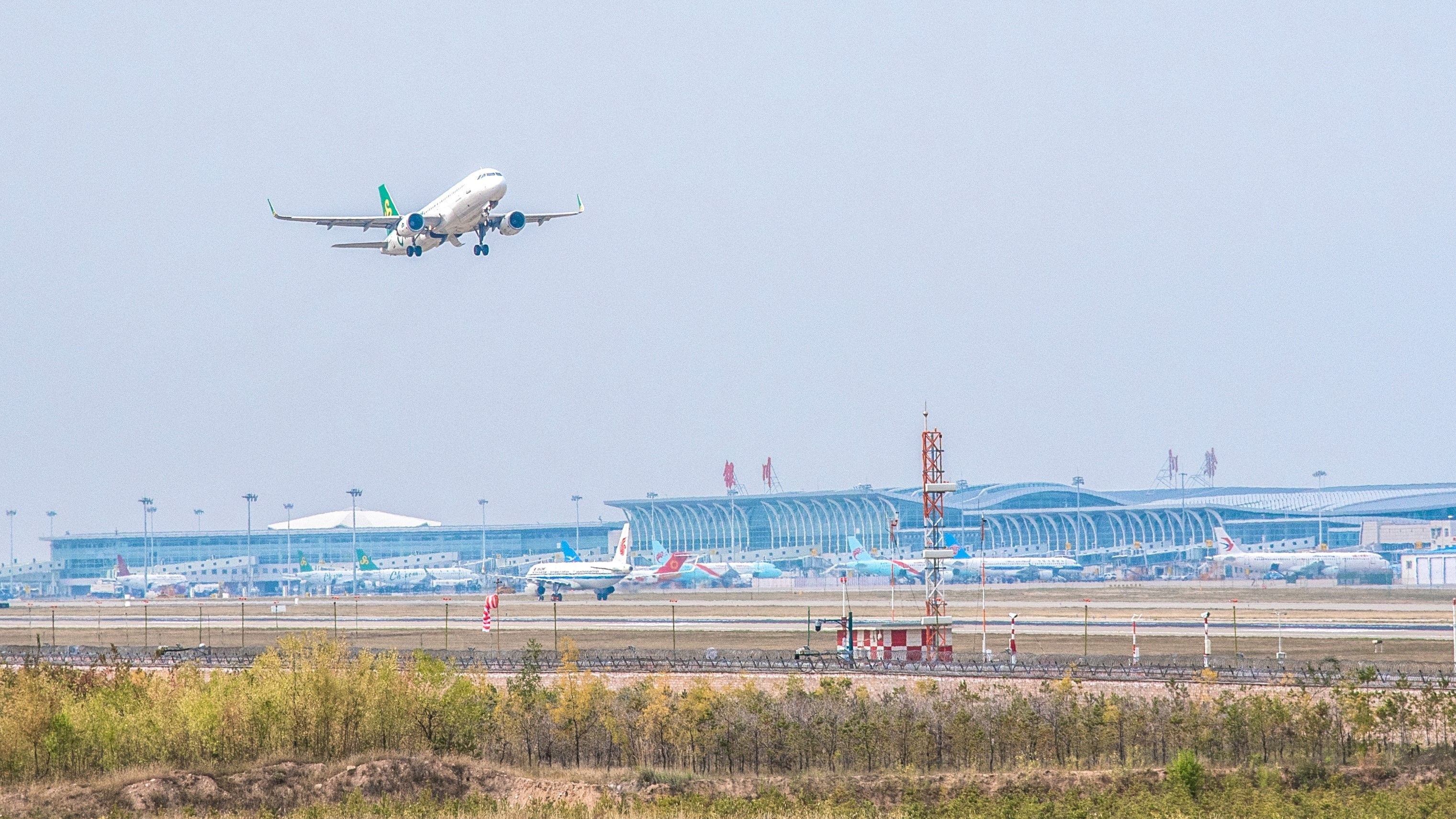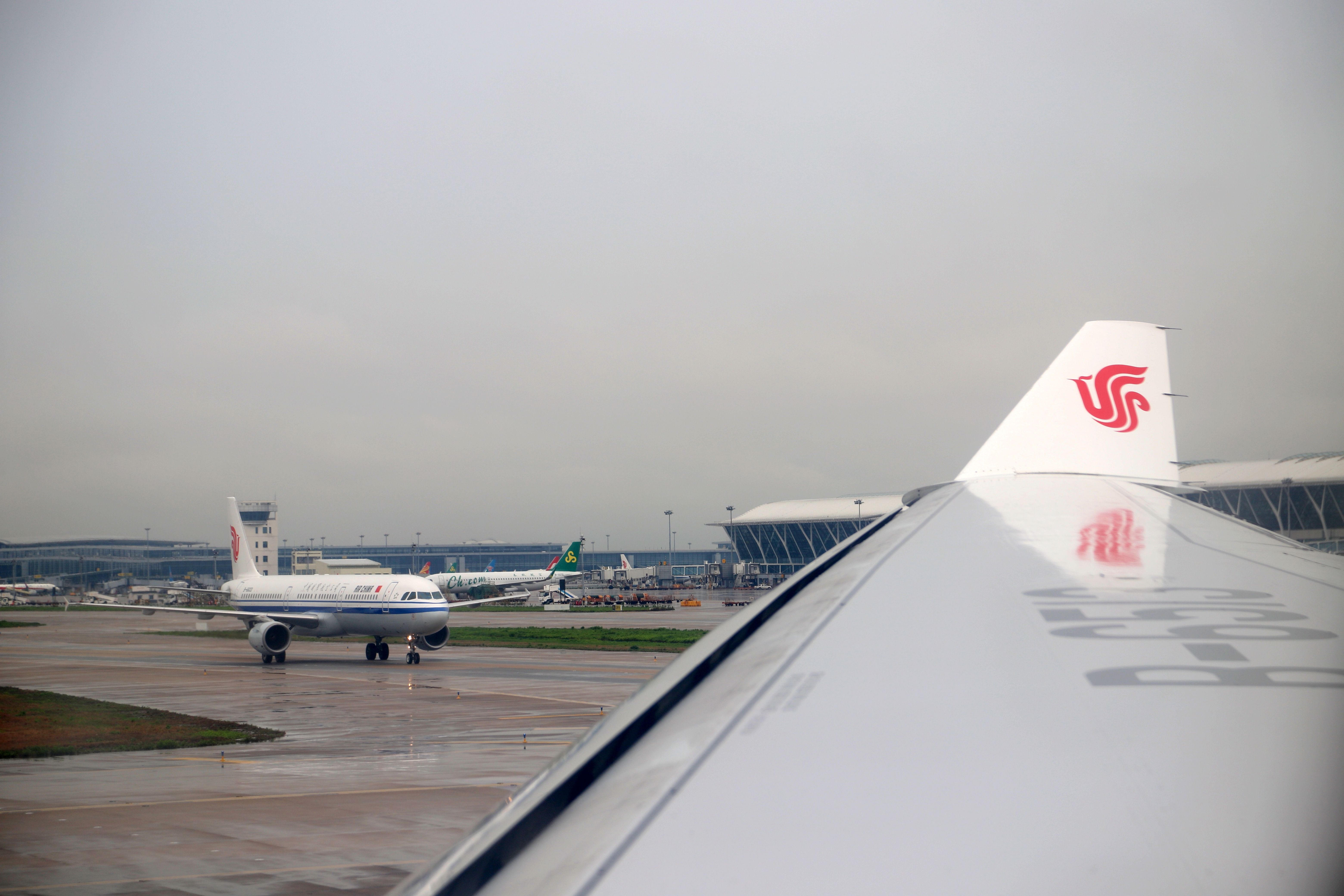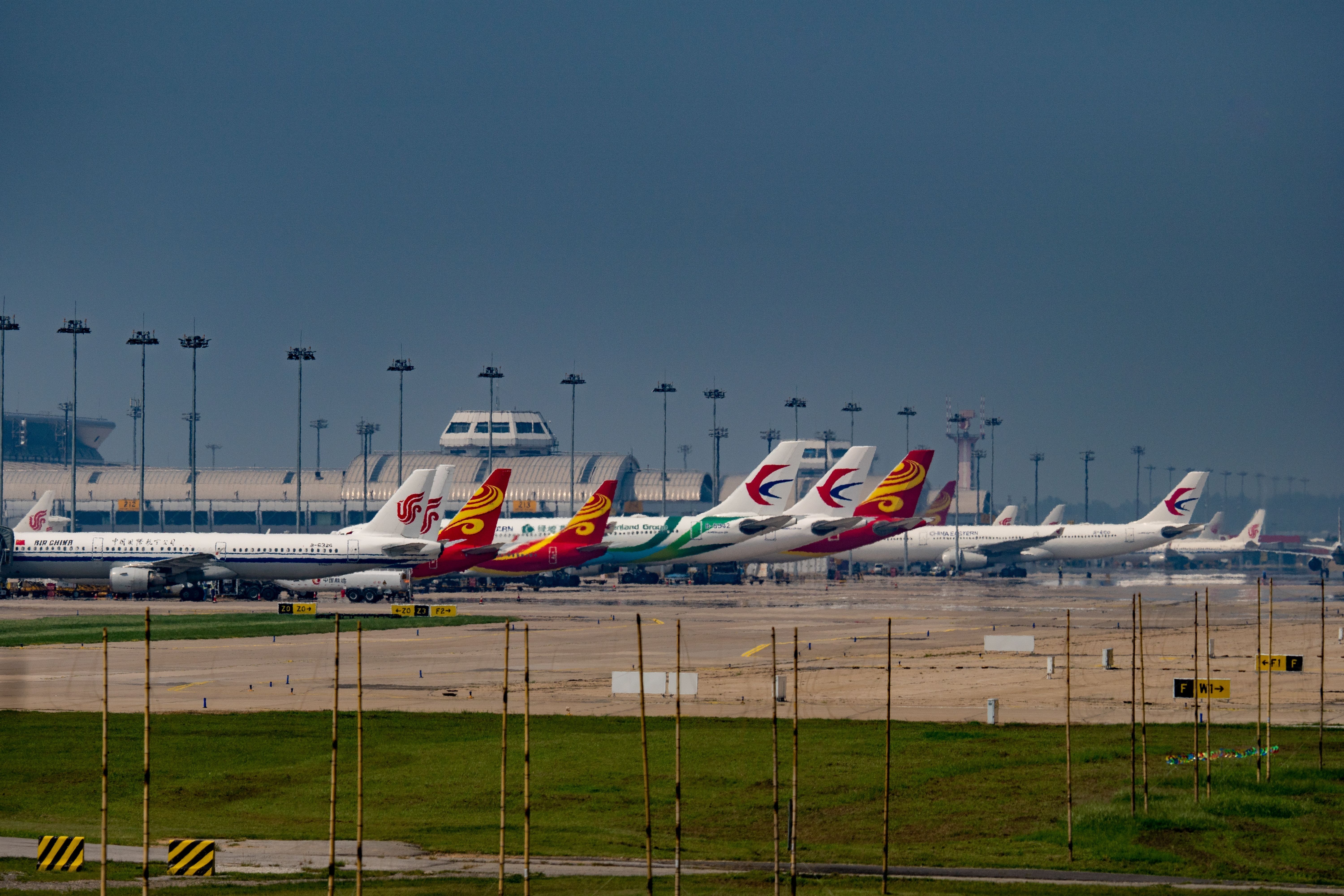Later this week, China will ease its travel restrictions that presently impact inbound international passengers. The upcoming policy change will mean that those entering the country from abroad will no longer be obliged to provide a negative result from a coronavirus test in order to pass through the nation's border.
All change
Ever since the onset of the coronavirus pandemic, China has consistently been one of the countries with the tightest restrictions. This has been a by-product of the nation's zero-COVID policy, which has significantly impacted day-to-day life within the People's Republic, as well as limiting inbound travel for international passengers.
However, Wednesday will mark a significant milestone in China's return toward air travel as we knew it before the global health crisis began. This is because, as of August 30th, the country will no longer require inbound international travelers to provide evidence of a negative coronavirus test result in order to enter the nation.
Find more news about Asian aviation here!
According to AP News, the change was announced today by Wang Wenbin, a spokesperson for the Foreign Ministry of China. The alteration brings an end to more than three years of tight restrictions for airline passengers entering the country from abroad, and comes nine months after the zero-COVID policy was lifted.
The tests had been a source of controversy
During the peak of the pandemic, we all became used to having to provide evidence of a vaccination and/or a negative test result in order to travel internationally. In some cases, a quarantine upon arrival was also required, with different countries implementing this policy with varying levels of length and strictness.
However, in the last year or so, travel restrictions have become far less prevalent, leaving the world of commercial aviation looking far more like it did before the onset of the global health crisis. Indeed, Travel Off Path reported that there were 164 restriction-free territories in April, with the figure rising to 206 this month,
Get the latest aviation news straight to your inbox: Sign up for our newsletters today!
However, China has generally been an exception to the rule, retaining its restrictions while other countries have dropped theirs. This has been a controversial matter at times, with the Council on Foreign Relations appealing in April for the nation to drop its 48-hour test rule. It argued that China was only demanding tests for geopolitical reasons, as the practice reportedly lacks evidence for its effectiveness.
One of several recent milestones
The policy change represents the latest in a number of recent milestones that have underlined China's intentions to get its commercial aviation industry back on track as it recovers from the impacts of the pandemic. For example, last week saw the first scheduled flight from Wuhan to London in the post-COVID era. The country is also edging closer to post-recertification Boeing 737 MAX deliveries.
What do you make of this policy change? Are you more likely to visit China as a result? Let us know your thoughts in the comment section.
Sources: AP News, Council on Foreign Relations, Travel Off Path



